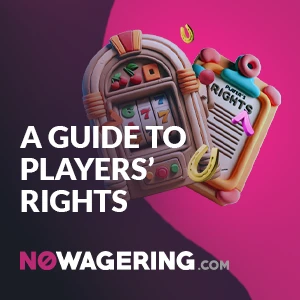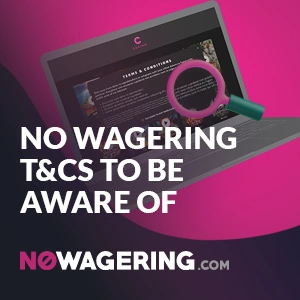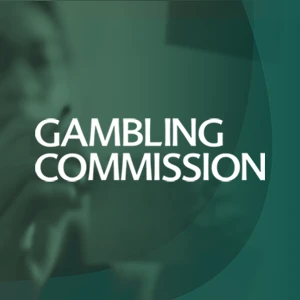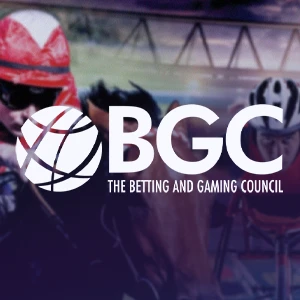How to spot the signs of a gambling addiction
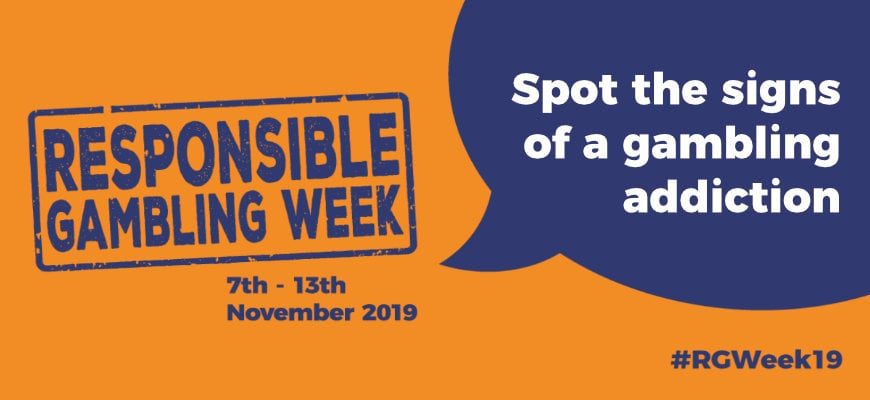
This is the second guide in our series looking to help raise awareness of safer gambling, with our first being on how to gamble responsibly online.
Gambling addiction is a form of impulse-control disorder where players struggle with their urges to gamble, despite knowing that doing so could hurt themselves or those around them.
Are you worried your own gambling habits have crossed a threshold from being just an enjoyable past time? Maybe someone you know is struggling. Take a look our list below detailing several telltale signs that things may be getting out of control.
Signs you may be struggling with a gambling addiction
Here are some signs to look out for yourself if you think your own gambling habits may be getting out of hand.
Spending more money than you can afford on gambling
If you give yourself a set amount of money to play with, yet continuously gamble more than you had initially anticipated, it might be time to set deposit limits or stop completely.
Neglecting responsibilities in order to gamble
It's a major reg flag when you choose to spend your time gambling, neglecting personal responsibilities and commitments such as work, education and family. Setting time limits could be helpful in this situation.
Lying about your gambling habits, or hiding them altogether
When the shame and embarrassment of excessive gambling and the loss of money leads to you keeping secrets then things have gotten out of hand. Remember, a problem shared is a problem halved.
Feeling the need to up the stakes in order to enjoy gambling
If you feel the need to bet higher stakes in order to enjoy the adrenaline rush and make the game worth playing, you should seriously consider setting deposit limits or stopping altogether as this could lead to potential debts.
Chasing losses, potentially with larger bets
Gamblers Fallacy is a cruel trap to fall into, just because you've lost nine spins in a row doesn't mean you're going to be successful on the tenth... If you're depositing more money to win back losses, or you're upping your stake to unrealistic amounts in the hopes that one big win will restore your bankroll then it's absolutely time to stop. Consider taking a break via cooling off period, temporary suspension or self exclusion.
Borrowing money or selling possessions in order to gamble more
Arguably the biggest and most obvious red flag on this list, do not bet what you cannot afford. It's as simple as that... Gambling with borrowed money will only lead to deeper debt.
Feeling anxious, irritable and depressed about your gambling habits
If your mood is influenced by gambling then something needs to change, as well as severely impacting your own mental health your behaviours can impact those closest to you. If you feel like your gambling is having a serious impact on your health then speak to someone. If you're not sure who to speak to then we'd recommend starting with the GamCare forum.
Signs someone you know may struggle with a gambling addiction
Gambling related behaviours are usually hidden by those suffering, with them often going to great lengths to keep it to themselves. Below are three signs to look out for that someone you know may be struggling with their own gambling addiction.
Signs can often be placed into three categories: Time, financial and behavioural.
They are secretive and spending more time alone
If someone you know has suddenly become more withdrawn and secretive about unexplained absences, or takes unusually long to carry out basic tasks they may well spending that time gambling.
They are always struggling for money
If they're always struggling for money, or are looking for new ways to make money quickly, even after being paid this may indicate they're struggling with a gambling addiction.
There are noticeable changes in their personality
If you're noticing dramatic changes in personality it may well be that they're dealing with the stresses and worries associated with gambling addiction and financial woes.
This article was originally published as part of Responsible Gambling Week 2019. We here at No Wagering are wholly committed to promoting safer, responsible gambling.


